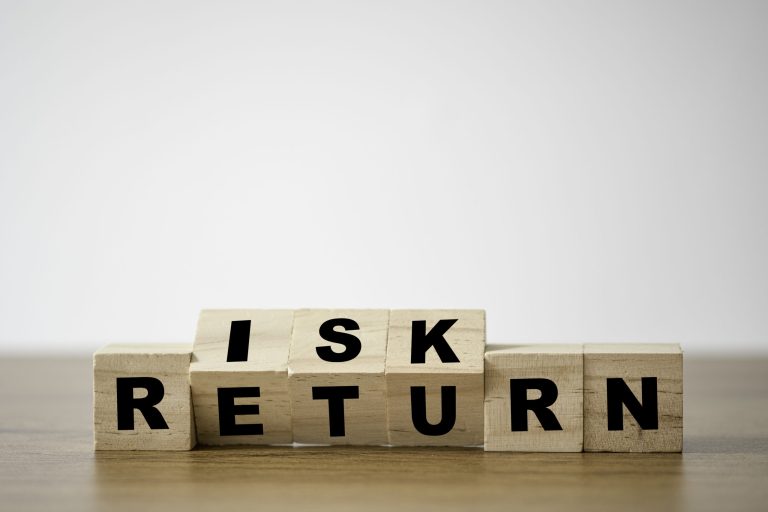What is the “sequence of returns” risk, and how can it negatively impact your retirement savings?
The “sequence of returns risk” or “sequencing risk” refers to the possibility that the timing and order you take investment returns may not be favorable. Bad timing results in your portfolio having less overall value, meaning you’ll have less money for your retirement. You should understand that if you aren’t investing regularly or withdrawing regularly, the order in which your returns occur has little to no effect on your outcome. However, once you start drawing down that money, you will experience the consequences of the sequence of returns risk.
The “sequencing risk” impact is usually most significant at the time of retirement. This situation reflects the dual challenges of market risk and the potential of living longer than expected. Therefore, any well-designed retirement plan typically contains a strategy to defend against such a threat.
Until recently, many financial planners have been comfortable recommending the traditional “4% withdrawal rule.” However, experts are now concerned that the 4% rule may not be appropriate in the unprecedented economic times of simultaneously high asset valuations and low-interest rates. Many advisors and agents now may recommend a withdrawal rate of 2% to guarantee enough money for the entire retirement period.
How can you manage the sequence of returns risk?
Your agent may have anticipated the potential damage sequence of returns risk and a plan to help you manage that risk. Nevertheless, now might be an ideal time to review your retirement and income design to ensure you are ready when drawdown time approaches. One common method of removing the risk of running out of money to to outsource to a: risk: bearer, a risk bearer s an insurance company. The product they use to guarantee a lifetime of income is normally an annuity. Here are other options that might help in dealing with sequence risk.
You may be encouraged to lower the percentage of your drawdown.
- Instead of the usual 4%, you might need to reduce your withdrawal to 3% if possible. (or lower)
- Your agent may encourage you to adopt a dynamic strategy of increasing or decreasing spending at a pace with the stock market’s ups and downs.
- Many financial experts recommend “buffers” that protect clients’ assets by using a reverse mortgage line of credit or other types of insurance products.
- You can control some market volatility by using a portion of your assets to buy a guaranteed income annuity. This financial product provides guaranteed income for life and gives you the confidence to seek out higher returns. Using annuities along with an investment approach may allow retirees to get either the same or even higher income than with investments alone.
You need safe money in your portfolio.
Knowing that you have streams of lifetime income makes retirement planning much easier and a lot less stressful. Multiple income streams in retirement give you more options, resilience, flexibility, and a sense of security and peace. Instead of following the troubling 2021 retiree trend of underspending, an appropriate allocation of safe money gives you permission to loosen your belt a little and enjoy more of life when you no longer work.
Safe money products such as cash value life insurance and annuities may also increase your ability to leave a legacy to the people you love or donate to your favorite charity or religious organization. If your agent is unfamiliar with wealth drawdown options in retirement, look for guidance from an expert in retirement and income strategies. The sequence of return risk will always be with you, but it doesn’t need to destroy your wealth.
LB, DM, BP, DS, EH, LC, SD, DS, JE



